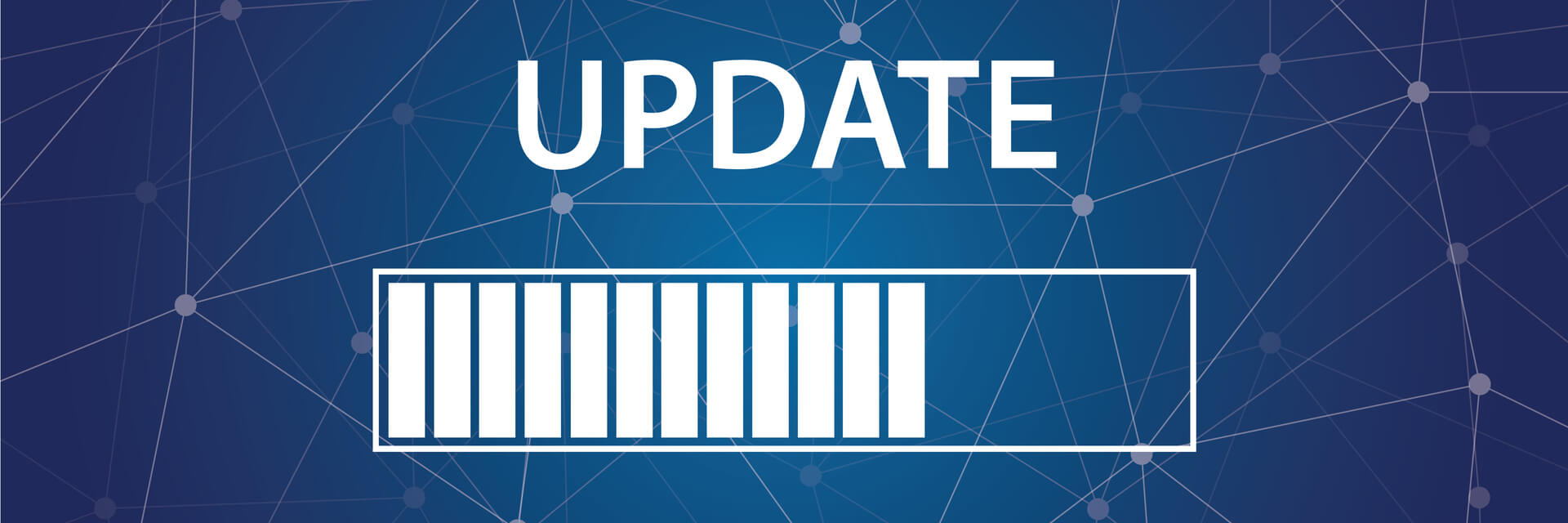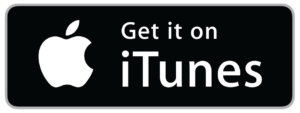Much like the phones that (unfortunately) control our lives, we, too, require periodic updates.
You turn on your phone, and are greeted by a most familiar message.
An alert flashes across the screen giving you the option to update to the new and improved version of some app or software. Just a tap of the screen and presto! It’s better than ever.
This routine has become so commonplace in our mobile-centric lives. Today’s hyper-paced world has reached dizzying levels of speeds, and software developers are constantly rolling out new updates, security fixes, and improvements to their products in order to keep pace.
While there’s not much to do on our end, in reality there is a lot of work that goes into creating these updates. There is updated code to write, bugs to fix, development, testing, split testing, tweaking, consumer feedback, and more testing. It’s an ongoing, meticulous process.
Much like the phones that (unfortunately) control our lives, we, too, require periodic updates.
The legendary Bill Gates once remarked that just as with software, the key to success in business—and in life—is to “make yourself obsolete.” It’s absolutely critical to always tweak, tinker, and improve. For if you don’t, others will see to it that you become irrelevant.
In truth, the motivation for improvement extends beyond potential irrelevancy. It allows us to avoid falling into the trap of routine, the rut of the “too-familiar.” Rather, change invigorates us to innovate, push forward, and grow.
The question is though, how does one make these necessary “system updates”?
It’s a very broad question, and while there’s no one definitive answer, here are a few Ptex Practical Pointers to follow as you take the next steps toward the new you:
- Focus On Vision – Oftentimes, people looking to change will get stuck on the dreaded How. “How will I accomplish ‘x’, ‘y’, and ‘z’?”. “How will I reach that level?” Forget about the How, for a second. Your primary focus should be on the What. What is it you want to be? What do you want to achieve? You can’t figure out how you’re going to get somewhere unless you have a clear destination in mind!
- Focus On Strengths – Many people try to improve by focusing on their weaknesses, and address them as needed. But that’s not the healthiest approach. Focusing on weaknesses can lead to a negative, defeatist attitude. Instead, start by concentrating on what comes naturally – your strengths. This provides a necessary shot of confidence, energy, and motivation that will inevitably increase your productivity.
- Focus On Discomfort – Everyone, on some level or another, has a fear of change. It can be fear of the unknown. It can be the fear of public opinion. Whatever the fear may be, it causes people to hold off on jumping into the unknown until they “feel ready”. Well, guess what? That time will never come.
Those who are truly committed to change throw themselves into the process, aware of – and embracing – the inevitable discomfort.
The hardest thing to do when trying to change habits is getting into that mindset of change. People tend to see themselves through the same lens, day in and day out. To truly upgrade to the new you means accepting that the world changes—and so must you.
You 2.0 is available for download. Would you like to upgrade?
Onward and Upward,
Meny Hoffman
P.S. Which bug fixes will be in your update release? Feel free to share by commenting below.







